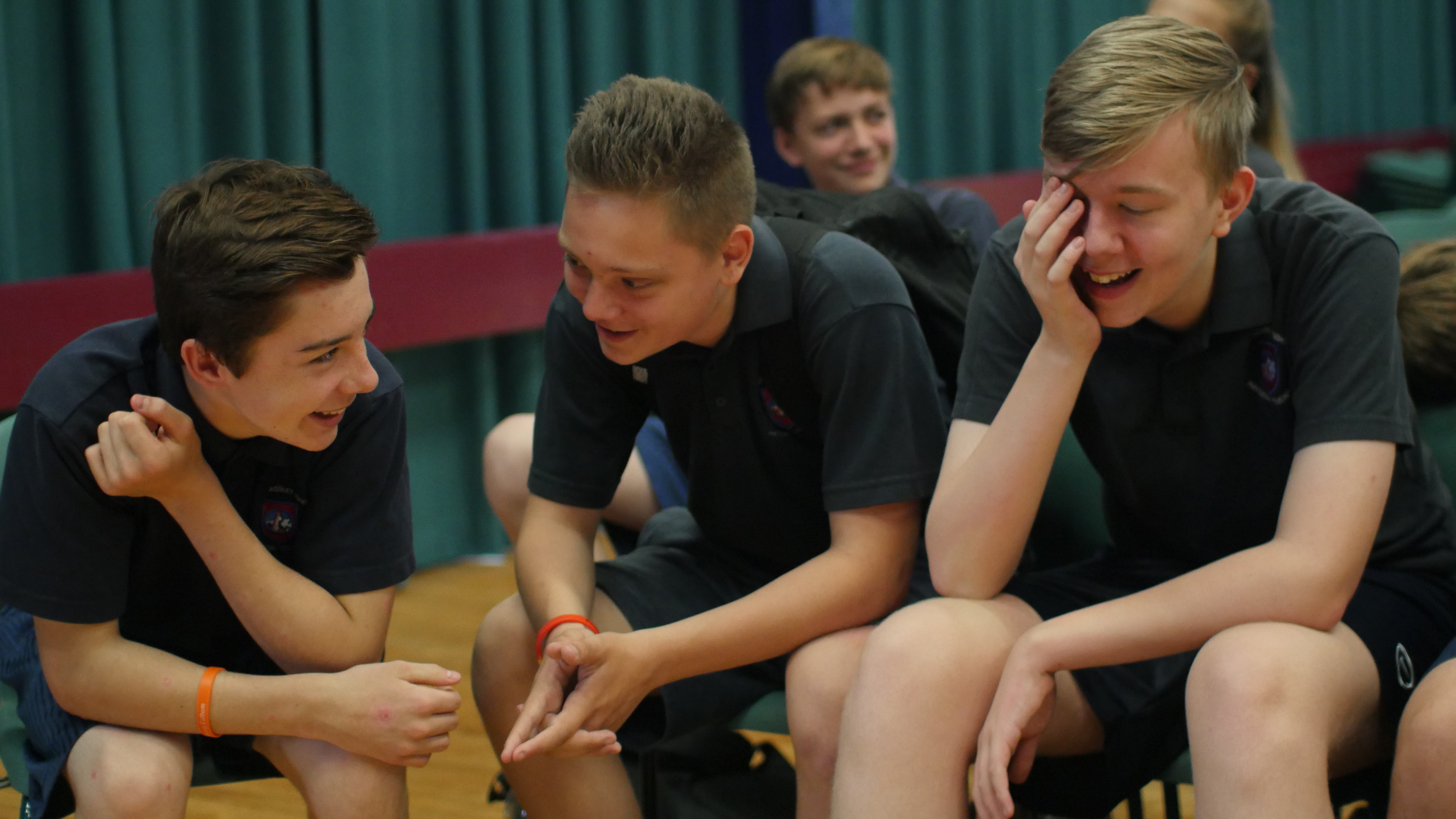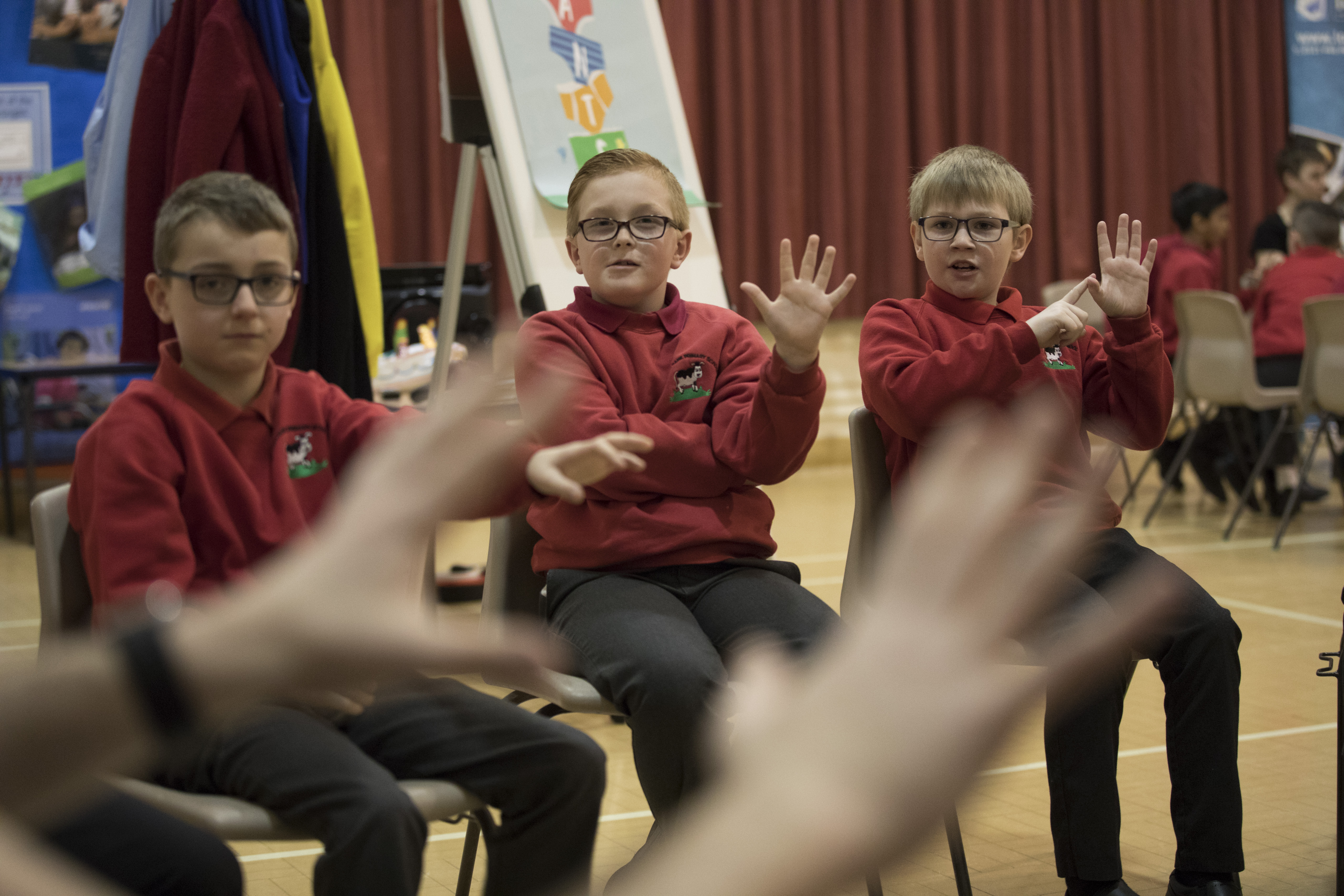The PSHE association have started a podcast! Hooray!
Their first episode was all about ‘Selecting and working with visitors and speakers’ - as you can imagine we were very keen to hear it...
Thankfully, we agreed heartily with what the experts had to say, and we thought we’d sum up a few of their thoughts (as well as a sprinkling of our own!) on what makes a great classroom visitor.
Are they talking at or talking with the young people?
A good classroom visitor shouldn’t be talking at your young people for an hour.
Even the most charismatic speaker would struggle to have a meaningful educational impact in this style.

Instead, a classroom visitor should be engaging your young people in discussions and activities to help make their learning experience more memorable.
Is their content carefully planned?
It can be tempting to bring in people who have experienced personal hardship, such as drug addiction, to share their stories.
These stories can be very compelling, but we have to ask - do they have clear, thought out educational value?
These types of visitors often rely on shock, fear and blame, and don’t always have clear learning objectives in mind.
Real life examples can be used tactfully and effectively to bring issues to life, but they should be utilised by educators who know what will have the maximum educational impact, and how to deliver it safely.
Do they enhance your RSE?
Every school will have their own approach to RSE, and it’s important that their use of classroom visitors enhances work delivered by staff.
So ask yourself these questions:
- Do their learning objectives match with yours?
- Can they shape their content around your learning objectives?
- Are they flexible when it comes to your school’s needs?
It is important to consider these questions, and avoid visitors who are more style than substance.
Do they build trust with the young people?
This one might be the most challenging - but it’s key if you want to get your value for money!
Classroom visitors should do more than just provide knowledge - they should also work to build trust with your young people.

Why? Young people are more likely to recall how they felt about a visitor than what they said.
So it’s important that your visitors make clear efforts to create safe environments, and treat your young people with respect. The young people are more likely to trust your visitor, and their resources, as a result.
As well as great sessions, what else can they do for you?
A good classroom visitor will deliver a great session. But an excellent classroom visitor will do more.
- Do they provide extra materials, such as lesson plans?
- Can they back their work up with thorough research?
- Are they safeguarding trained, and do they alert you to safeguarding issues that come up in their sessions?
- Do they properly evaluate, and does their work respond to the staff and student feedback?
Remember - your classroom visitor should demonstrate high standards outside of the sessions they deliver.
And that’s all folks! We hope this helps you in choosing a visitor to your classroom who can really enhance your young people’s learning experience, and be memorable for all the right reasons.












